Media Release
13th September 2024
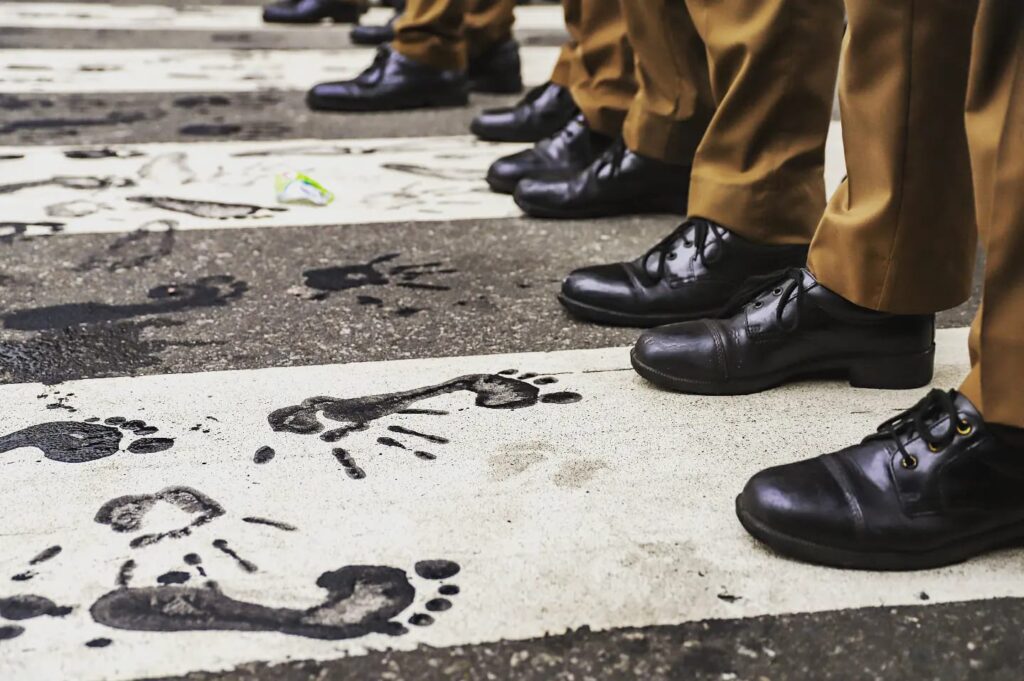
Yukthi urges Presidential candidates to commit to repealing and reversing the negative impacts of the many undemocratic and oppressive laws passed and proposed in recent years. The Collective also impresses candidates to develop a strong and clear agenda on the lawmaking process and substance of proposed laws.
Weak democratic law-making and the growth of oppressive laws in recent years
The legal reform landscape in Sri Lanka in the past two years highlights how deeply undemocratic law-making can and has been. Under various threats ranging from economic crisis to national security, several laws and legal provisions have been introduced to oppress people’s sense of freedom and also restrict fundamental rights and social and economic rights of the people. People’s sovereignty has been rendered meaningless as there has also been no public scrutiny of international agreements that the government enters into on behalf of the Sri Lankan people, particularly when it has an impact on our lives and development. Approximately 102 laws or amendments were passed in the last 30 months. Almost 35% were laws relating to the economy and economic rights of the people and the public has not had the opportunity to fully understand the short and long-term consequences of these laws. Secretive laws, rushed laws, no consultation laws, no background information, or justification laws must become a thing of the past.
Commit to Democratic Law-Making
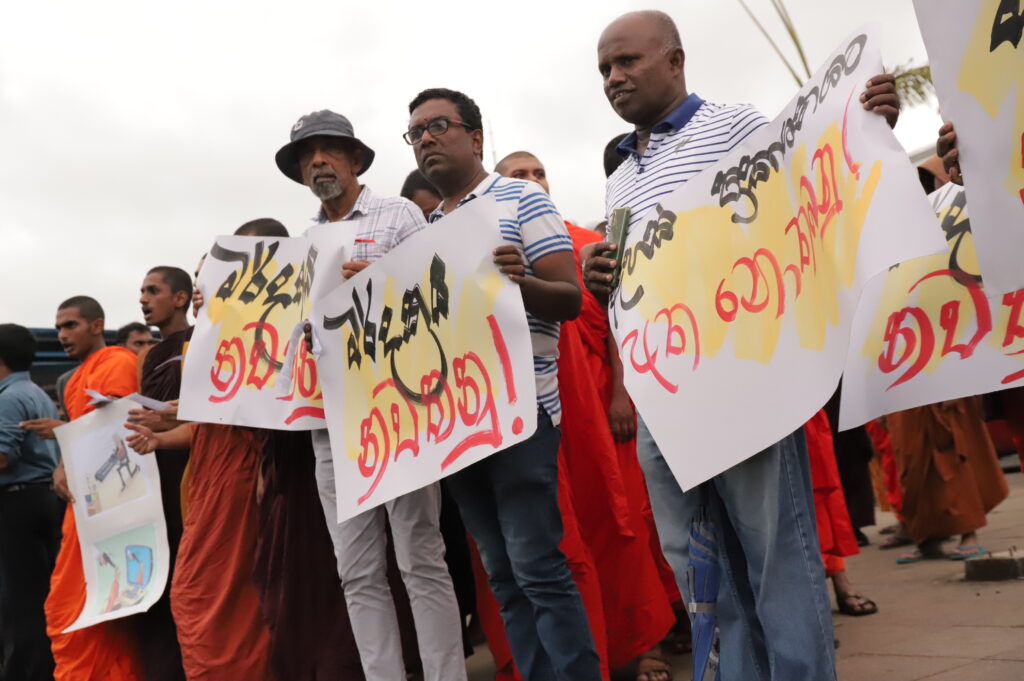
There must be a clear commitment to strengthen the democratic law-making process in Sri Lanka. An independent judiciary and vibrant pre and post-enactment judicial review of laws are fundamental to this commitment. Similarly, decentralization of power is necessary for relevant and appropriate law-making, to which end, abolishing the executive presidency is a starting point. In terms of the process, there must be a commitment to a transparent, consultative, and accountable process whereby the Sri Lankan public has sufficient time to study, consider alternatives, engage in critique and review, and contribute to new legal developments. Affected communities and other stakeholders must be particularly engaged in the law-making process. The government must facilitate public awareness raising and public scrutiny of new laws and must justify public interest concerns on the problem analysis prompting the law reform, what the cost of the scheme introduced by the law would be, and who would benefit and how.
Commit to Repeal and Reverse Oppressive and Unfair Laws
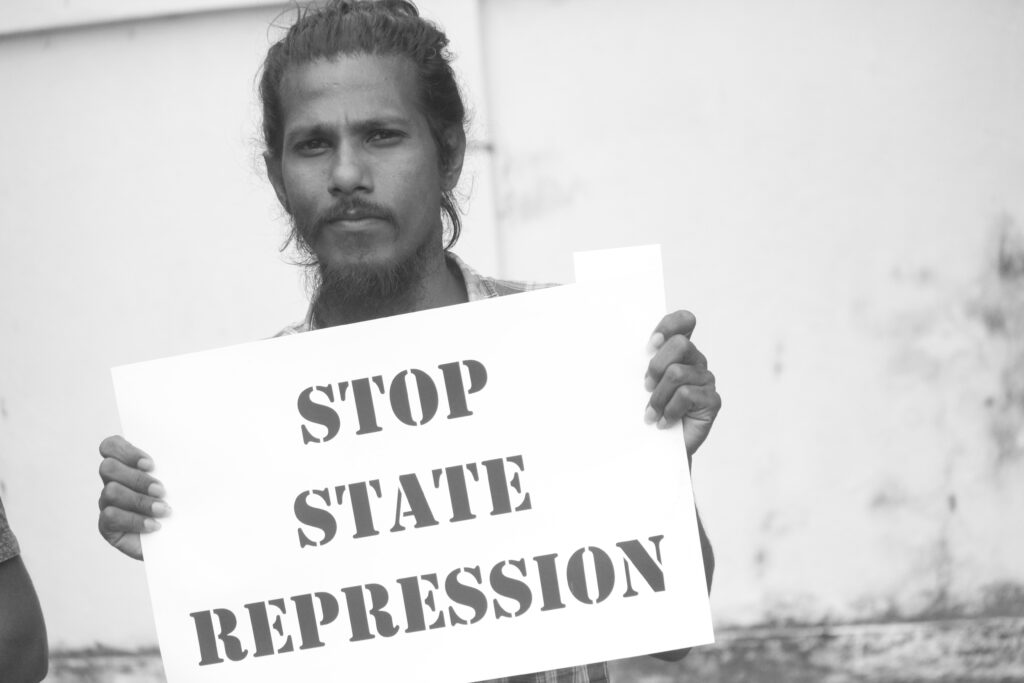
It is vital that Presidential candidates take note and commit to repealing and reversing all offensive laws enacted in the last two years. For example, the Online Safety Act, No. 09 of 2024, the Bureau of Rehabilitation Act, No. 02 of 2023, and the Economic Transformation Act, No. 45 of 2024 are wholly offensive and must be repealed. Others such as the Inland Revenue (Amendment) Act, No. 14 of 2023 which forcibly reduced pension savings of working people under the guise of domestic debt restructuring must be responded to with law reform that restores savings and protects the financial security of working people. Laws such as the Electricity Act, No. 36 of 2024, the Fisheries and Aquatic Resources (Amendment) (Act), No. 27 of 2023, and the Central Bank Act No. 16 of 2023, all have provisions that burden working people and the poor, and in the case of the Central Bank removes parliamentary scrutiny over the bank, and as such these detrimental reforms must be reversed. Proposed laws that severely restrict fundamental freedoms such as the Anti Terrorism Bill of August 2023, the draft Broadcasting Authority Bill of February 2024, the draft Non-Governmental Organizations Bill of January 2024, the proposals for new labor laws, the Draft Bill on Commission for Truth, Unity and Reconciliation of 1 January 2024 must be withdrawn. Overall, the growth of criminal offenses under the various new laws introduced and proposed is particularly concerning. Coercive and intimidatory governance by such laws must be reversed.
Manifestos have not tackled the issue adequately
The manifestos of the main contenders for the Presidency reveal a low level of commitment to democratic law-making. On substantive law reform, Mr. Sajith Premadasa has committed to replacing the Prevention of Terrorism (PTA) with a new anti-terror law with protections for human rights, amending the Electricity Act to protect workers and consumers, establishing a Presidential Task Force will to ensure gender equality, enact law on domestic work, on workplace harassment and increase labor officers to protect workers, laws to improve representation by women and youth, and amending the Online Safety Act to benefit internet service providers. Mr. Anura Dissanayake’s manifesto commits to abolish the executive presidency, decentralize power, abolish all oppressive acts including the PTA, review media laws, and improve media freedom including amending the Online Safety Act, introducing protections and benefits for specific workers and increase plantation worker salaries, introduce laws to improve representation of women, address violence against women, reform laws affecting children and discriminating against gender identity, amend laws relating disabled persons introduce anti-dumping and fair trade and environmental protection laws. and Mr. Ranil Wickremesinghe has not made any commitments to repeal or reverse any of the laws against which there has been heavy public critique. While not being a main contender, it is noted that Mr. Nuwan Bopage has committed to abolishing the executive presidency. He has promised to repeal oppressive laws such as the Prevention of Terrorism Act and prevent the introduction of any similarly oppressive law and also repeal the Online Safety Act, the Bureau of Rehabilitation Act, and Anti Corruption Act. He has also promised to repeal laws that impinge on peoples’ sovereignty and restrict rights in deciding on monetary and fiscal policy and named the Central Bank of Sri Lanka Act, Economic Transformation Act, and Public Financial Management Act as examples. He has made a commitment to introduce post-enactment judicial review of laws.
Overall, there is a clear inadequacy of commitment to democratic law-making and repealing and reversing damaging trends in the past two years by the main contenders in this Presidential Election. Yukthi urges the candidates to seriously consider the damaging impact of negative laws passed and to adopt and declare clear policy commitments on these laws.
The change we seek
New laws must be products of strong and meaningful consultative processes in recognition of the sovereignty of the people of Sri Lanka. Constitutional commitments must be made to a right to a safe and dignified life, social and economic rights, decentralized decision-making, environmental protection, and transparent and accountable governance.
Long awaited laws to increase women’s participation in the legislature, provide working people with decent wages, occupational health and safety, and dignified working conditions, remove discriminatory provisions in personal and other laws, address all forms of violence including against marginalized identities, and facilitate access to justice for ordinary litigants as well as all persons affected by violence in Sri Lanka seeking justice, truth and accountability.
Lawmaking must aim at protecting all, must care about the most vulnerable, and must ensure the country develops sustainably.
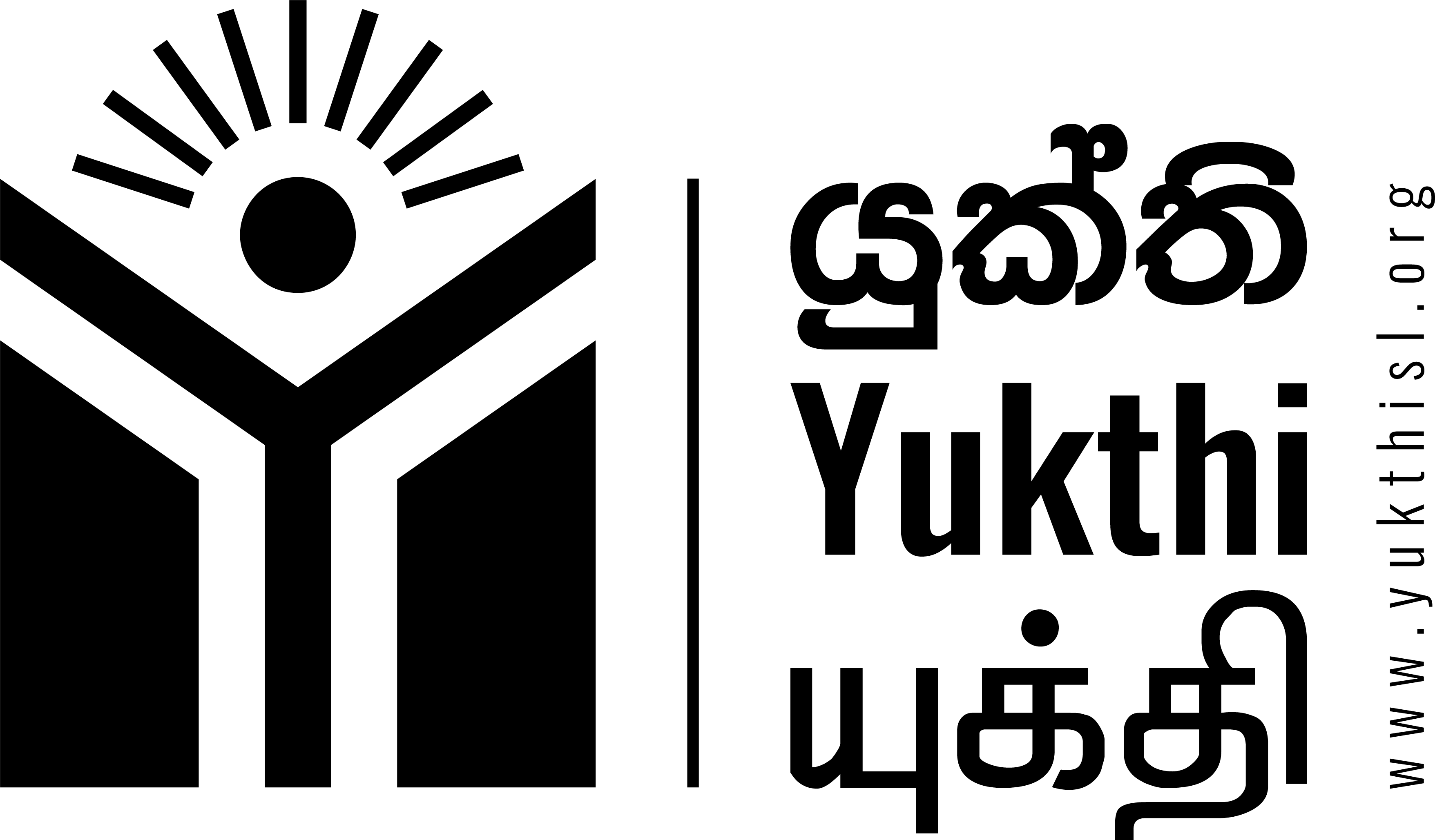




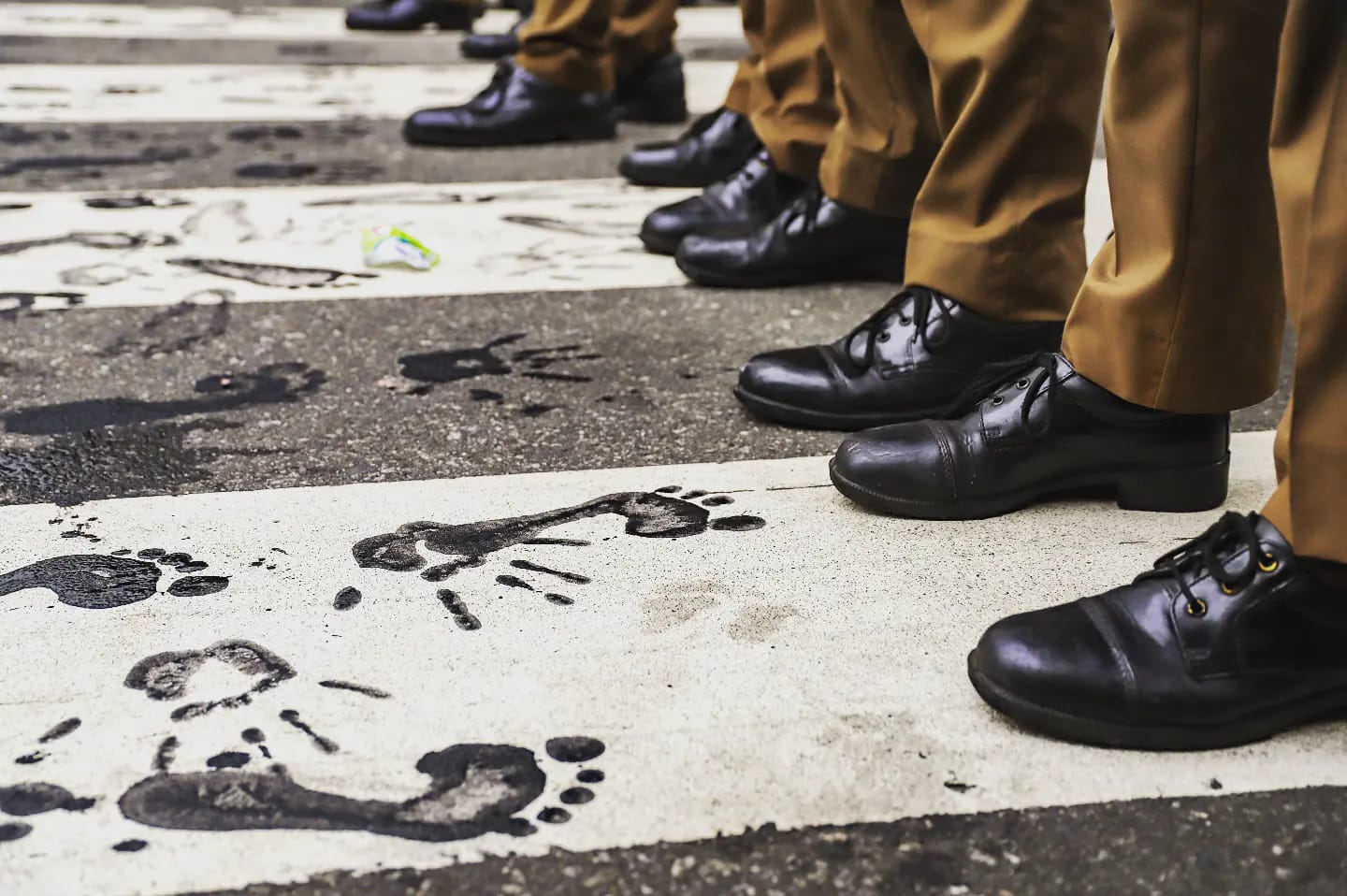
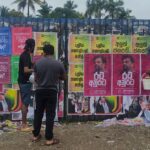





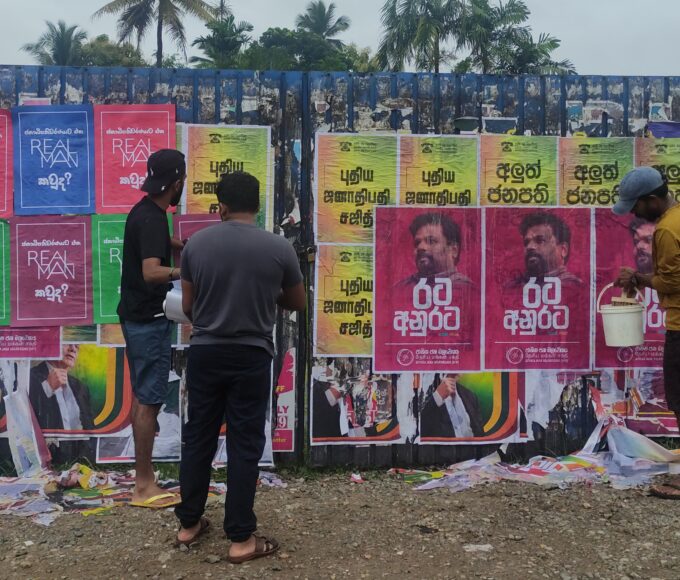
Leave a comment